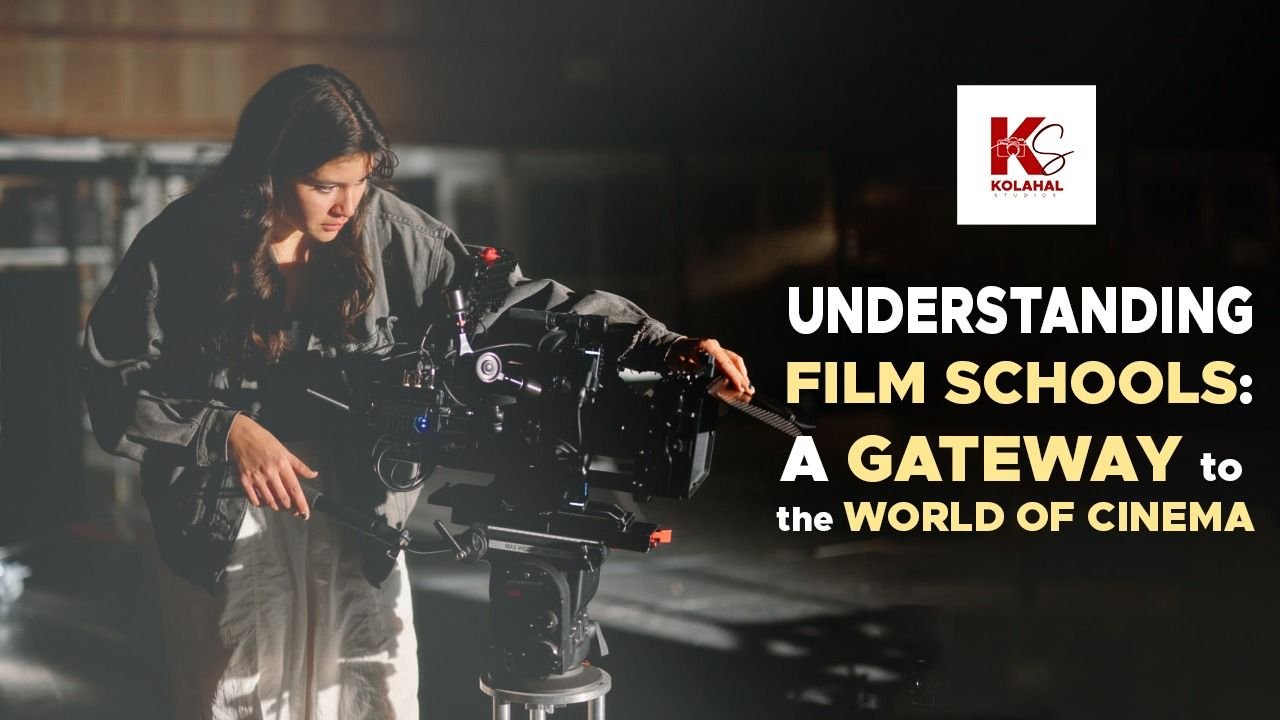Understanding Film Schools: A Gateway to the World of Cinema
Introduction
Film schools have become an essential steppingstone for aspiring filmmakers, actors, screenwriters, and other creative professionals who dream of working in the film industry. These institutions provide specialized training in the art, craft, and technical aspects of filmmaking, equipping students with the skills needed to succeed in a highly competitive field.
What Do Film Schools Offer?
Film schools offer a wide array of courses covering various aspects of cinema production, including:
1.Directing: Students learn how to conceptualize and execute a vision for a film, guiding actors, camera operators, and editors to bring the story to life.
2.Cinematography: This focuses on the visual storytelling aspect, teaching the use of cameras, lighting, and composition to create striking images.
3.Screenwriting: Aspiring writers learn how to craft compelling scripts, develop characters, and structure narratives.
4.Editing: Students are trained in post-production processes, including cutting footage, adding effects, and ensuring the final product aligns with the director's vision.
5.Sound Design: This includes recording, editing, and mixing audio to enhance the storytelling experience.
Some film schools also offer programs in acting, production design, visual effects (VFX), and animation, catering to diverse interests within the cinematic arts.
Benefits of Attending Film School
1.Hands-On Experience: Film schools provide access to professional-grade equipment and facilities, allowing students to work on practical projects.
2.Mentorship: Students benefit from guidance by experienced industry professionals who offer insights and advice.
3.Networking Opportunities: Collaborating with peers and connecting with alumni can open doors to internships, jobs, and partnerships.
4.Portfolio Development: Graduates leave with a portfolio of work, demonstrating their skills to potential employers or collaborators.
Challenges to Consider
While film schools offer significant advantages, they also come with challenges:
Cost: Tuition can be expensive, and students often need to factor in additional costs for equipment and materials.
Competition: The film industry is notoriously competitive, and success often requires persistence, creativity, and a strong network.
Alternative Paths: Some successful filmmakers, such as Quentin Tarantino and Christopher Nolan, did not attend film school, proving that self-learning and real-world experience can also lead to success.
Choosing the Right Film School
When selecting a film school, consider the following:
1.Curriculum: Does the program align with your career goals?
2.Reputation: Research the school’s alumni and industry connections.
3.Location: Schools in major film hubs, like Los Angeles or New York, may offer better networking opportunities.
4.Cost: Evaluate tuition fees and available scholarships or financial aid.
Conclusion
Film schools provide a structured environment to nurture creativity, learn technical skills, and build professional networks. While they are not the only path to a career in cinema, they can offer a solid foundation for those committed to storytelling through film.

Comment's
yxkjvupxqs 2026-01-22 14:33:53
fyxunuzltp 2025-11-18 17:57:56
xuijlwsyiq 2025-10-09 03:04:18